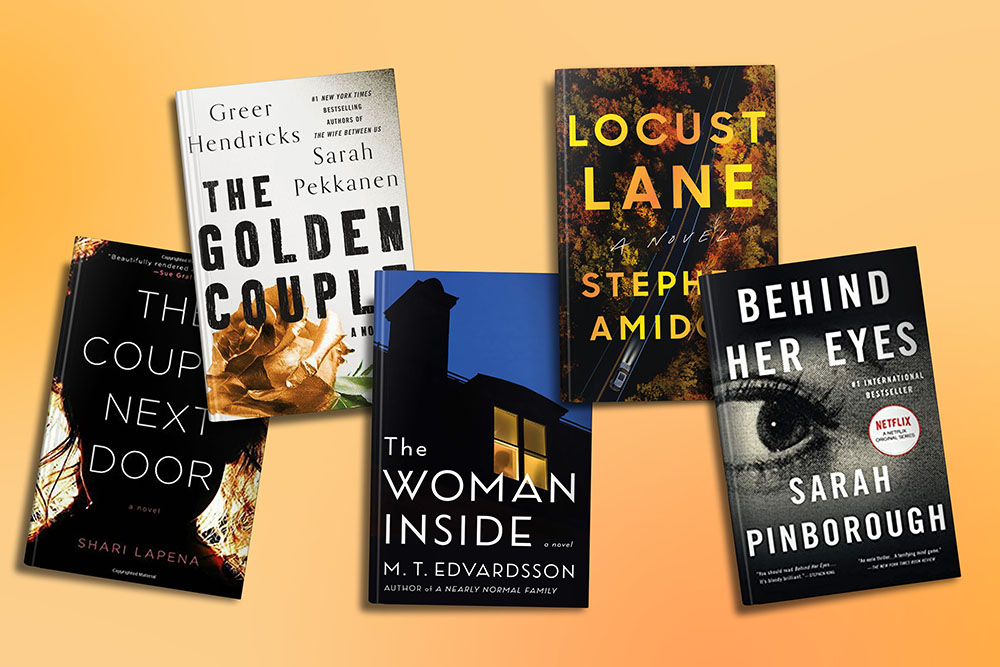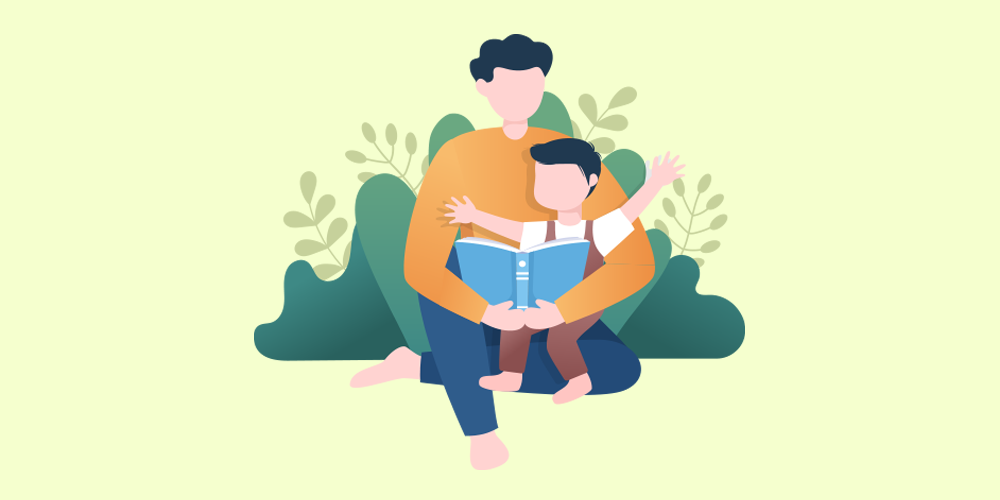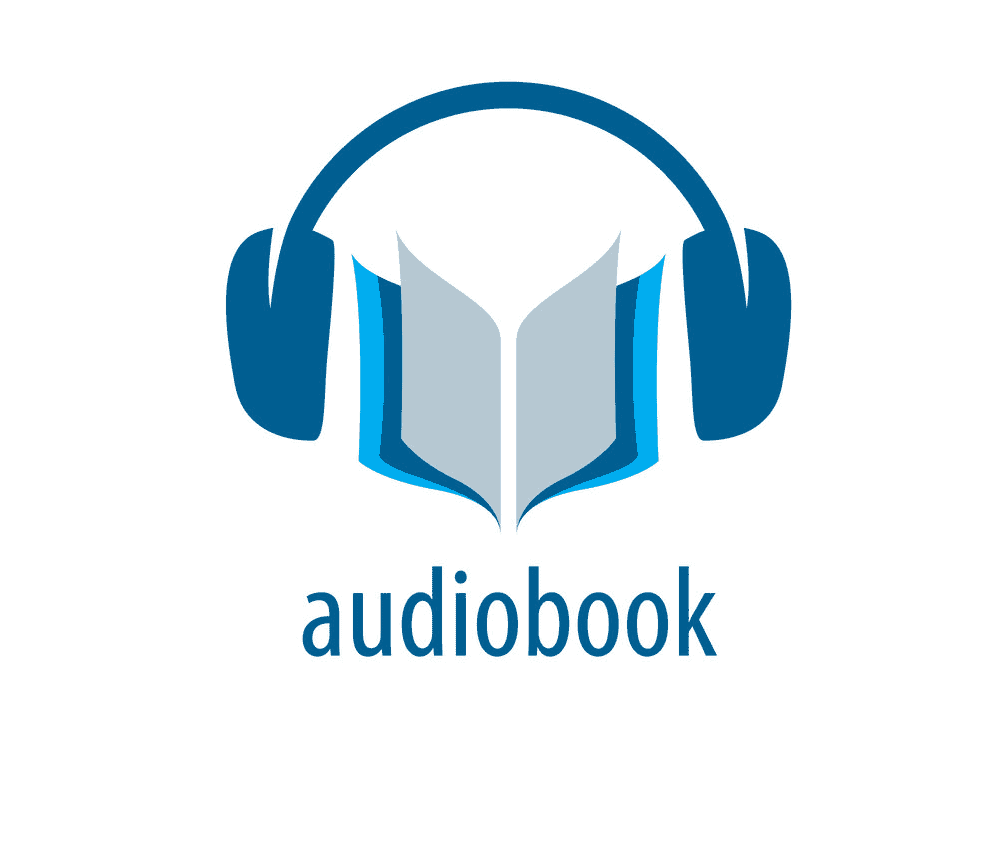We all love a good mystery, but lately, I've found myself completely obsessed with a subgenre that thrives not in dark alleyways or ancient ruins, but right in the tidy confines of suburban life: Domestic Suspense.
Forget the trench coats and the global conspiracies. These books take the terrifying elements of crime and paranoia and set them firmly within the walls of a seemingly perfect home. Think messy marriages, secrets festering behind perfectly manicured lawns, and the chilling realization that the person sleeping next to you might be a complete stranger (or worse).
Why This Genre is So Hard to Put Down:
The High-Stakes Relatability: The settings are instantly familiar—a school drop-off, a quiet dinner party, a family vacation gone wrong. This proximity makes the suspense feel incredibly visceral. When the danger is right in the kitchen, it hits differently than a murder in a city you've never visited.
Unreliable Narrators Galore: Domestic suspense thrives on shifting perspectives and narrators who are clearly hiding something (or who are simply losing their grip on reality). This forces you, the reader, to become an active detective, trying to figure out who's lying and what the truth actually is.
The Psychological Focus: The action is often internal. It's about gaslighting, manipulation, simmering resentment, and the slow, agonizing psychological breakdown of a character. It's less about the 'whodunit' and more about the 'why-did-they-do-it' and 'how-will-they-get-away-with-it.'
If you’re looking for a perfect entry point into this addictive genre, pick up something by authors like Gillian Flynn, Liane Moriarty, or Ruth Ware. They are masters at turning everyday scenarios—a neighborhood watch, a school function, a shared holiday house—into psychological traps.
The next time you want a thriller that will genuinely make you check the lock on your front door and look suspiciously at your significant other, grab a domestic suspense novel. You won't be able to look away.
What's the best domestic suspense novel you've read recently that completely messed with your head? I need recommendations for my next sleepless night!















